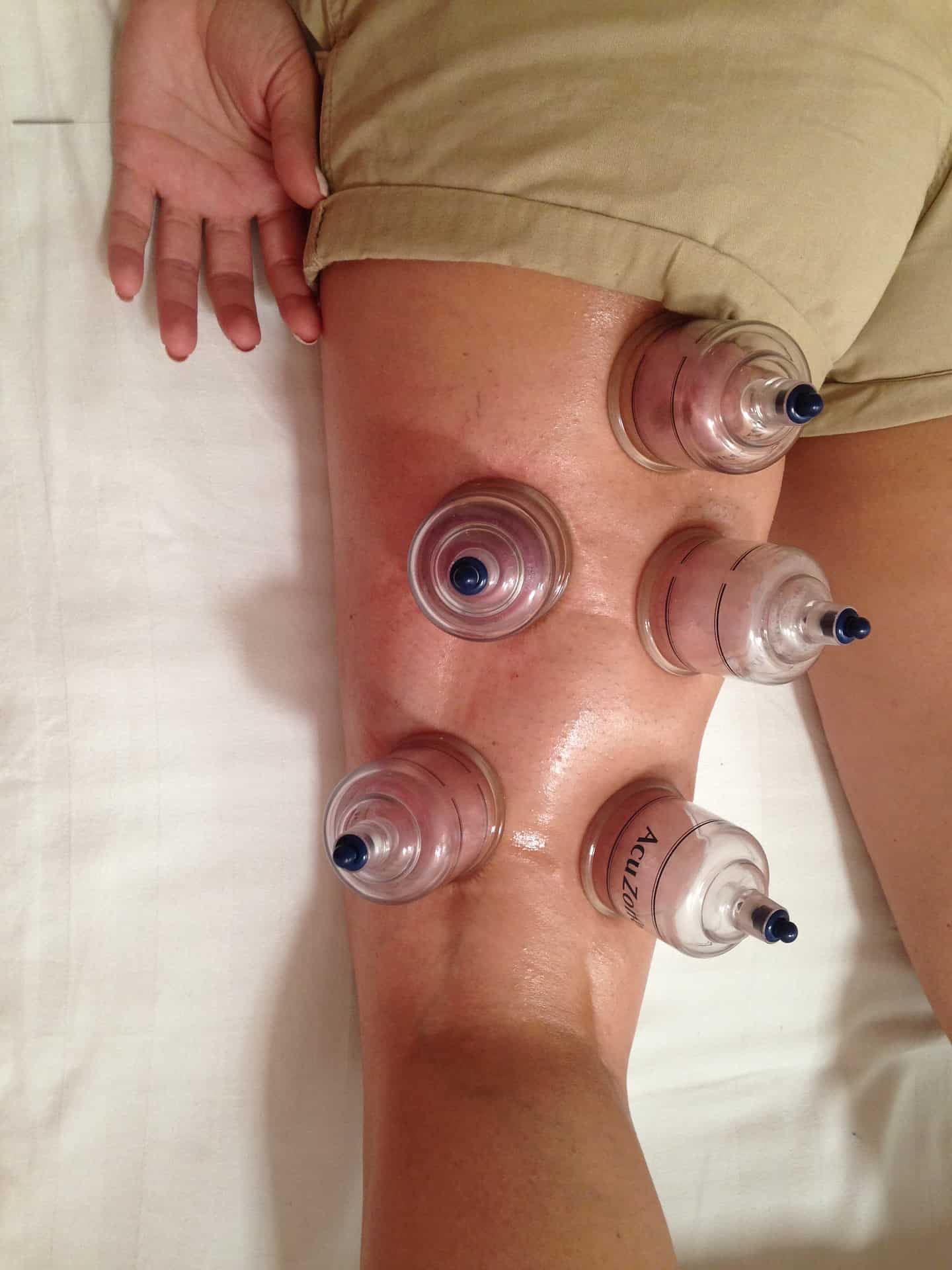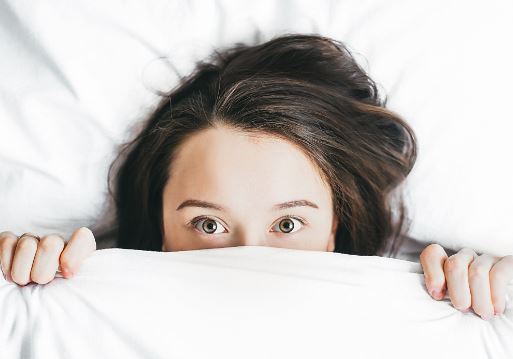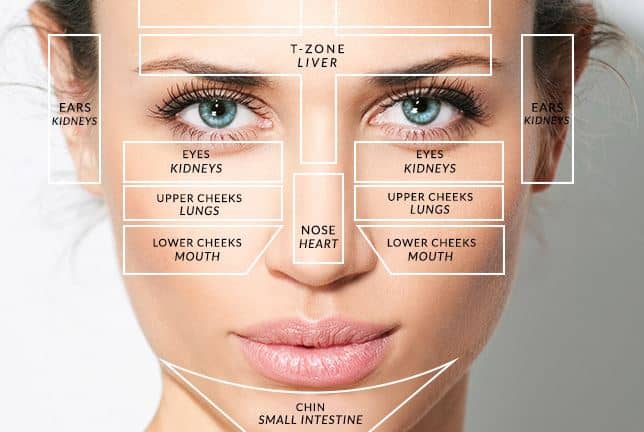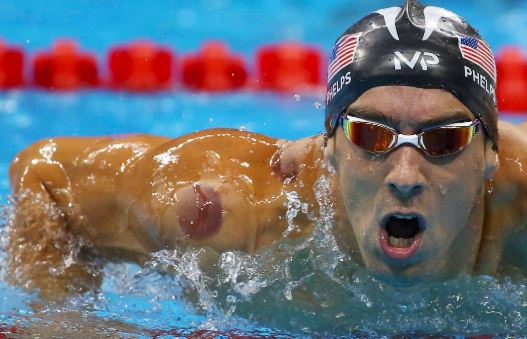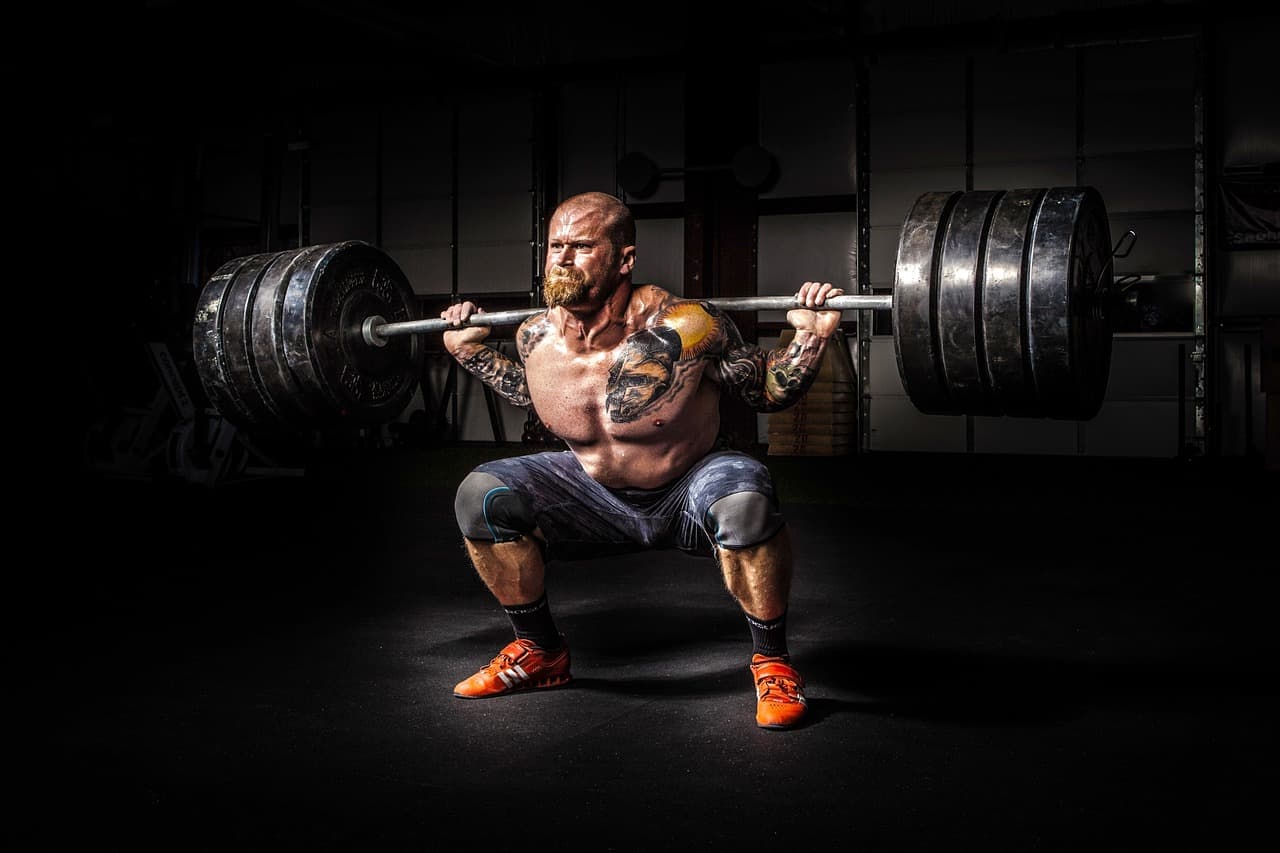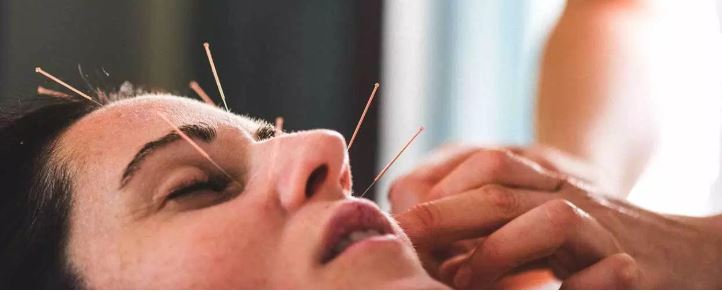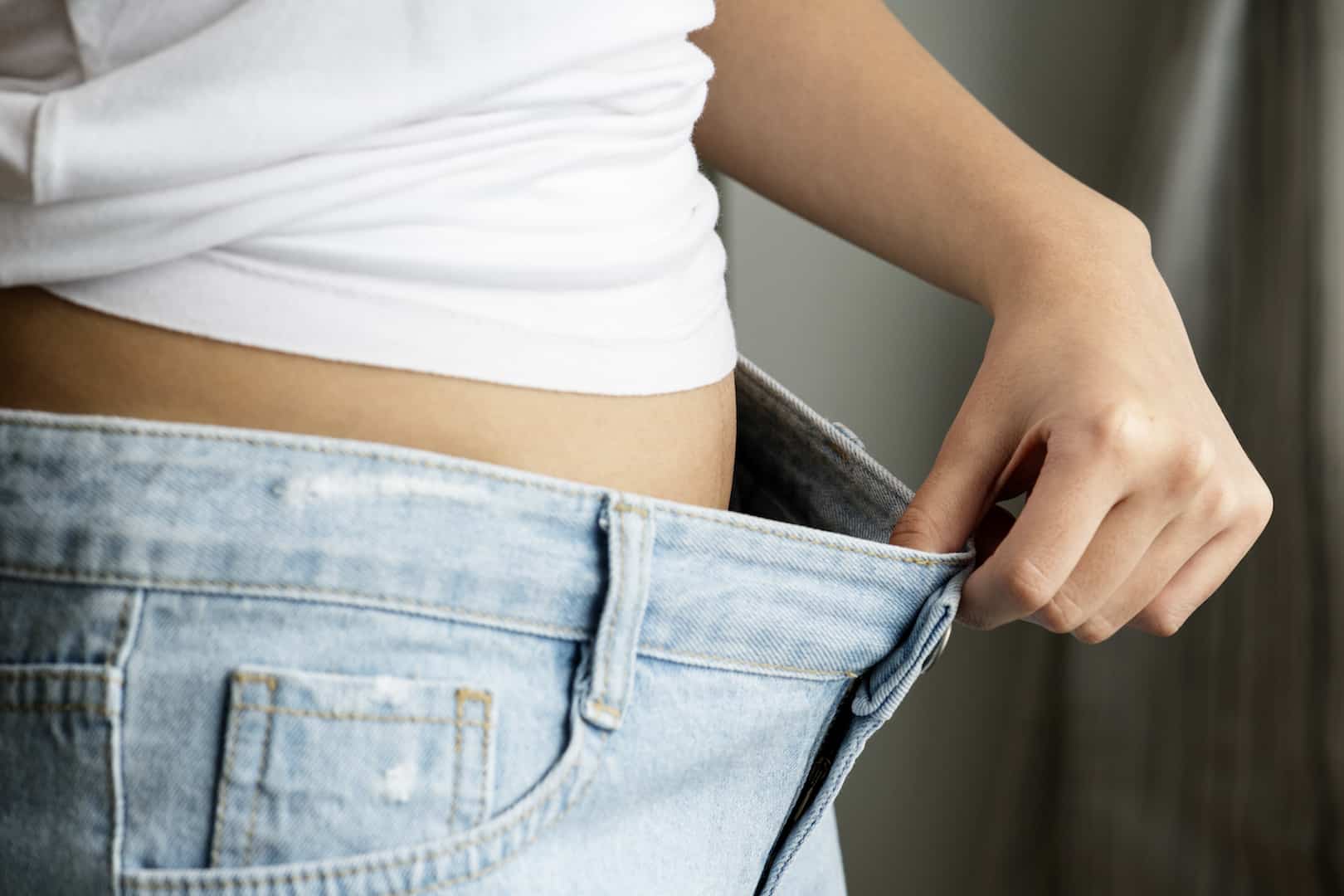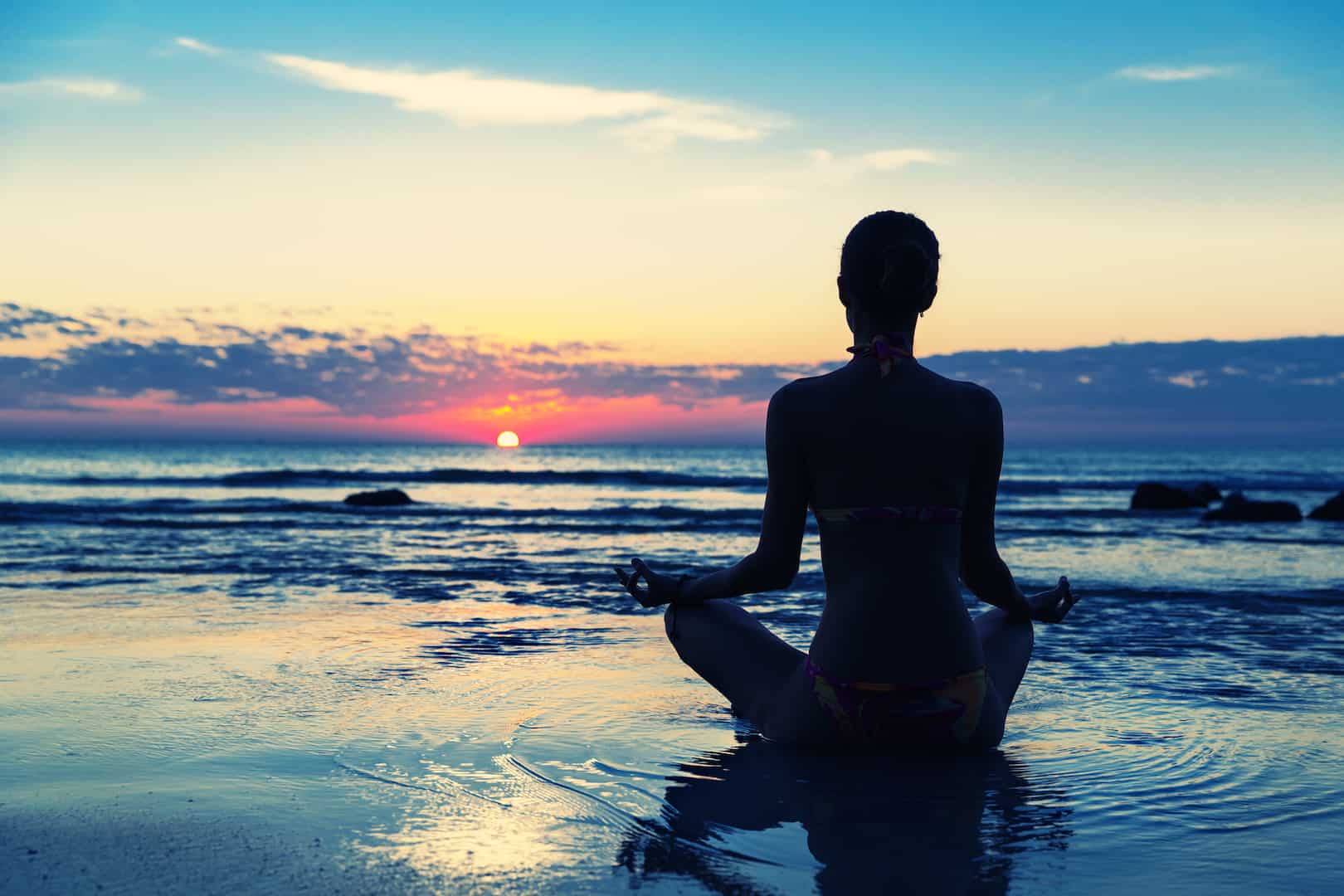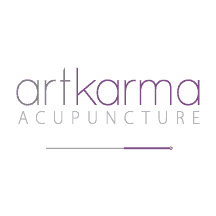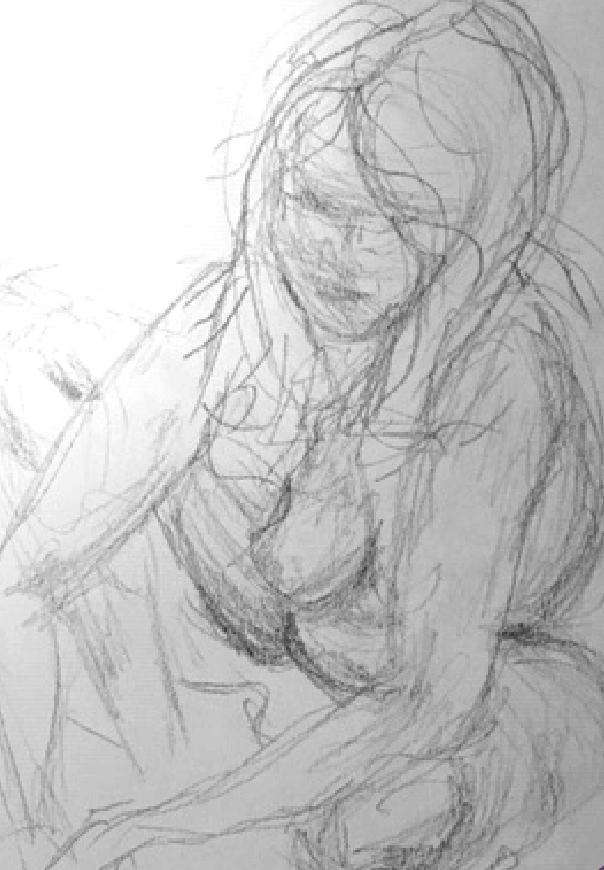Everyone wants clear, soft, glowing skin free of imperfections, but many of us pile on products and pinch and pick at our skin. Often, we think clear skin is a result of expensive, luxury products, treatments and dermatologist appointments, but it doesn’t have to be. Acupuncture is becoming a popular alternative treatment for everything from weight loss to anti-aging and even acne. Acupuncture uses thin needles on specific points on the body that affect acne, but don’t fear, an acupuncturist will never put needles in or near active acne breakouts. Cosmetic acupuncture is a safe and effective treatment for all forms of acne that leaves the face feeling fresh and rejuvenated.
What is Acne?
Over 650 million people worldwide have acne and about 20% of those affected have moderate or severe acne. Acne is a chronic, inflammatory skin condition that occurs when the hair follicle openings become clogged with oil secretions from your skin’s sebaceous glands and dead skin cells which bacteria then feeds on and multiplies. Acne takes on many forms depending on what is clogging the pores.
Whiteheads and blackheads are inflamed comedones. Whiteheads are closed clogged pores and blackheads are open clogged pores. Acne is also formed as small, puss-filled, red bumps called papules which occur on the skin surface. Pustules or pimples are larger papules with pus at their tips and are the most common form of acne.
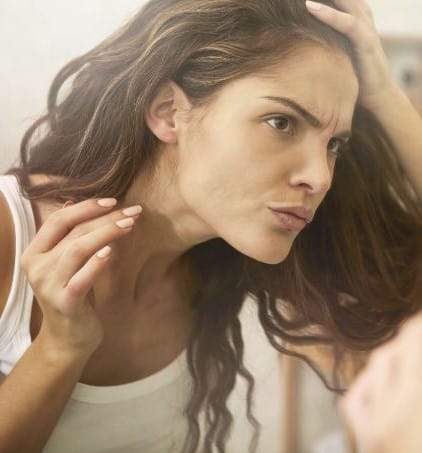
Nodules are painful, pus-filled lumps below the skin’s surface. Nodules affect deeper layers of skin, can last a lot longer and can cause acne scarring. Cystic acne is the most severe form of inflamed acne and results in large, painful, pus-filled lumps below the surface of the skin. These firm, tender swellings become inflamed and sometimes infected and should be professionally treated.
Who Does Acne Affect?
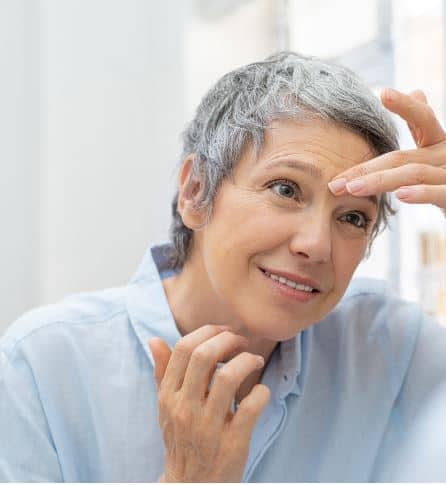
Acne affects both men and women of all ages, but is most common in adolescence, and more so in teenage boys than girls. Most often, acne occurs between the ages of 10 and 13 when puberty takes place. Acne usually lasts for five to ten years then typically fades during the early 20s, but women are more likely than men to have mild to moderate adult acne in their 30s and older. Adult acne affects about 20% of all cases. Acupuncture is a beneficial treatment for adult acne as it can also help to prevent wrinkles and fine lines.
Causes of Acne
Acne is most often a hormonal condition that is influenced by the male ‘androgenic’ hormones which cause the sebaceous glands to enlarge and make more sebum. These hormones are most active during the teenage years when hormone levels are changing. Hormonal changes during menstruation or pregnancy and from the use of oral contraceptives, can also affect sebum production. Acne often occurs on the face, chest, shoulders and back as these are the oil gland areas where a combination of hormonal influences, bacteria and fatty acids within the glands create acne.
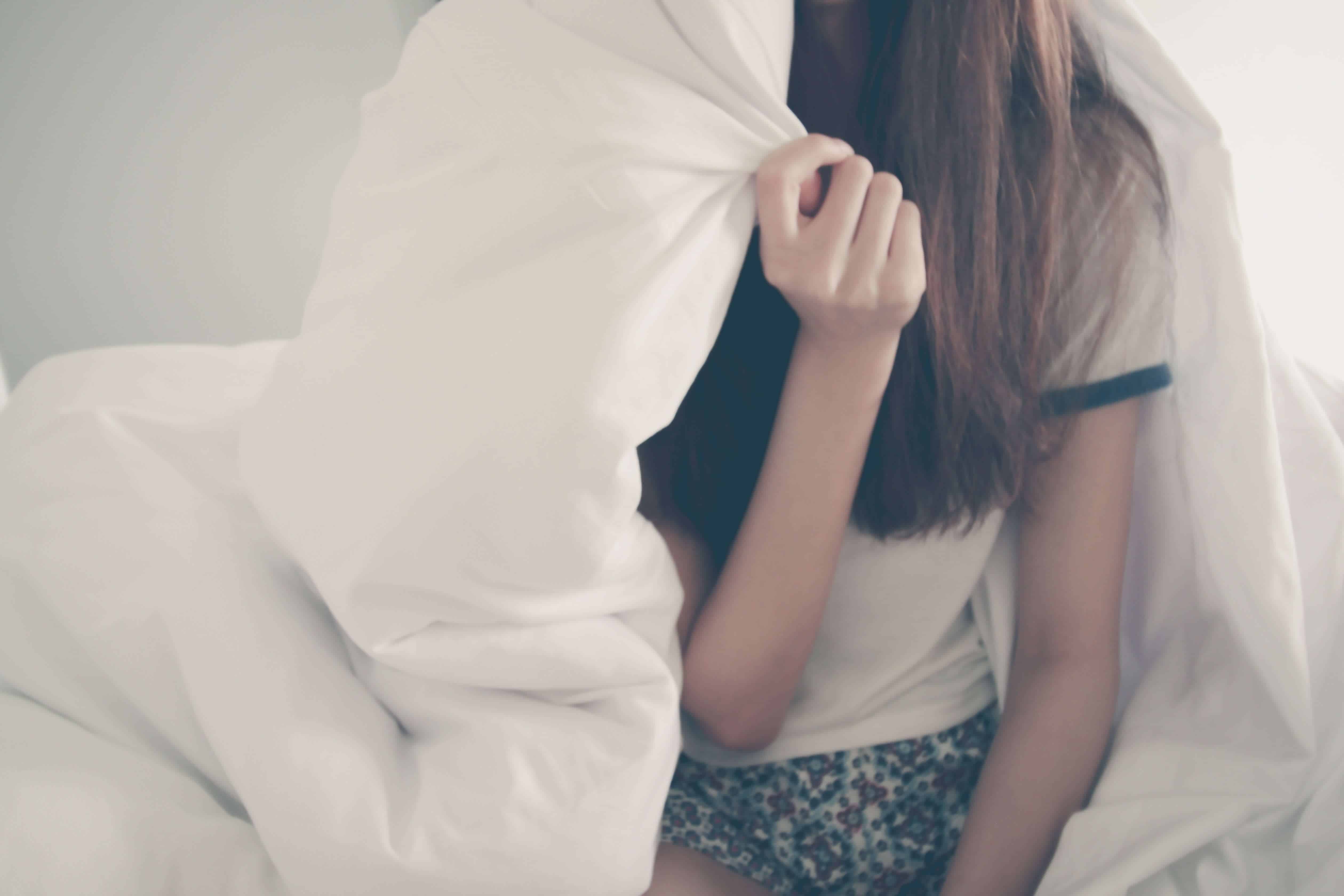
Other acne influences include:
- certain medications
- stress
- exposing the skin to pollutants, grease & smoke
- makeup
- bacteria
- cosmetics
- picking and ‘popping’ acne
- clothing like hats and helmets that rub against skin
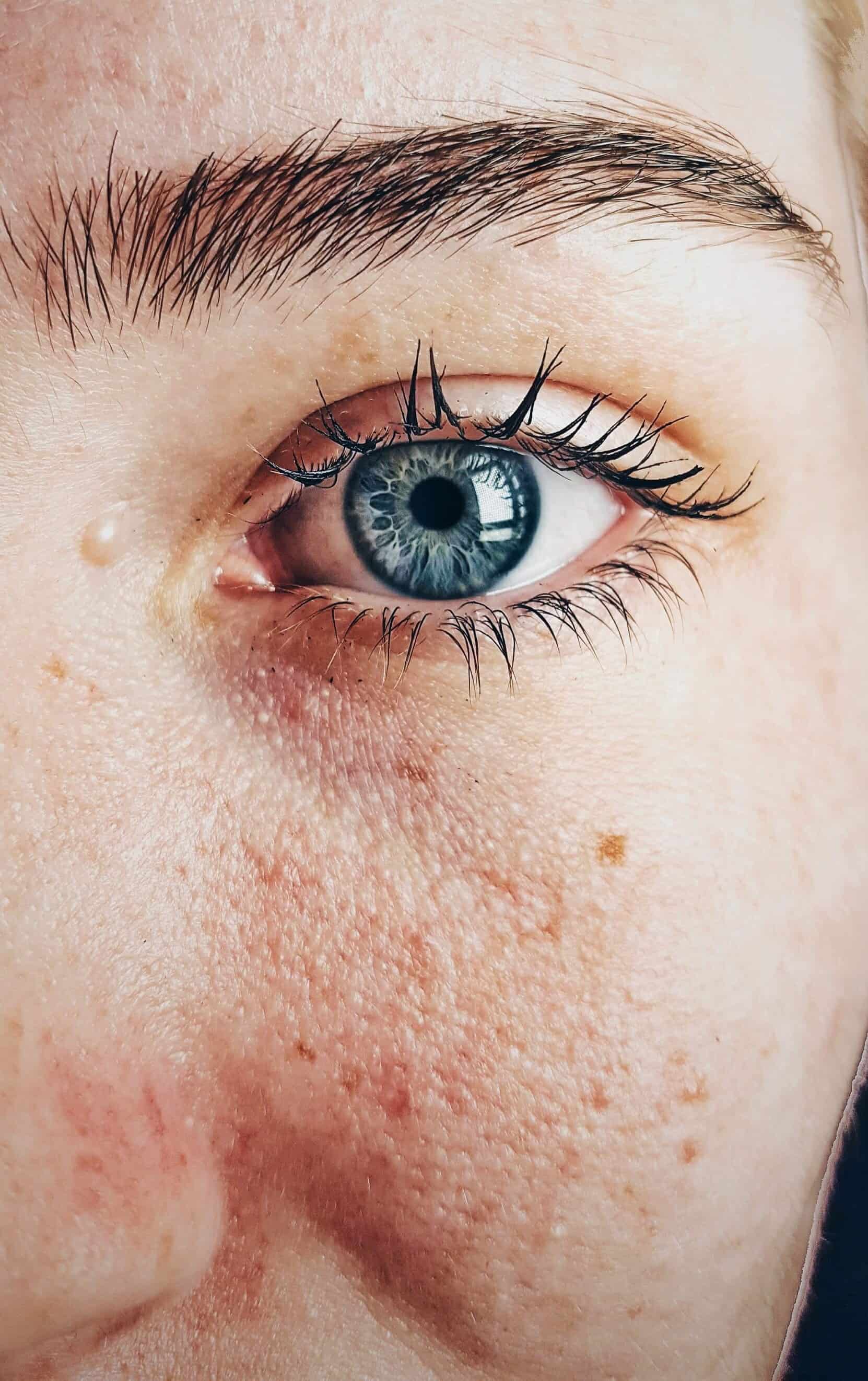
Acne is also influenced by toxins in the liver, blood circulation, your intestines, lungs and endocrine disorders. Traditional Chinese medicine believes that when your body, specifically your liver, is in harmony, the rest of your body will be in harmony as well. It makes sense that our liver can affect acne and cause dryness, itchy redness, and dull and sagging skin as it process all that we consume and filters toxins. It is believed that when the liver expels toxins it results in imperfections on the skin. We know alcohol may influence acne as it dehydrates you, is often full of sugar, causes the liver stress and deprives the skin of vital vitamins and nutrients.

What Does Acne Reveals About Your Health?
Acne can reveal a lot about your overall health. Chinese face mapping has been used for thousands of years to determine the corresponding issues related to acne on specific areas of the face. If you have acne on the forehead, it may be a result of excess toxins in the liver or issues with the heart, bladder, small intestine, or nervous system. Acne near the nose may be caused by problems in the heart, or the stomach and lungs and a peeling nose may indicate poor circulation.
Acne on the lips relates to intestinal inflammation and constipation which may be influenced by spicy or strong foods that are difficult to digest. Eating more fiber from fruits and vegetables may help to detoxify the bowels. Cheek acne may be a result of kidney or liver problems if close to the eyes, or the stomach and lungs if located on the center cheeks and colon issues lower down on the cheeks. Acne above the mouth might be caused by the spleen and acne on the chin can be influenced by the kidney and bladder. Chinese face mapping corresponds to acupuncture points and a professional, registered acupuncturist can help you to determine the relation between your acne and internal health issues.
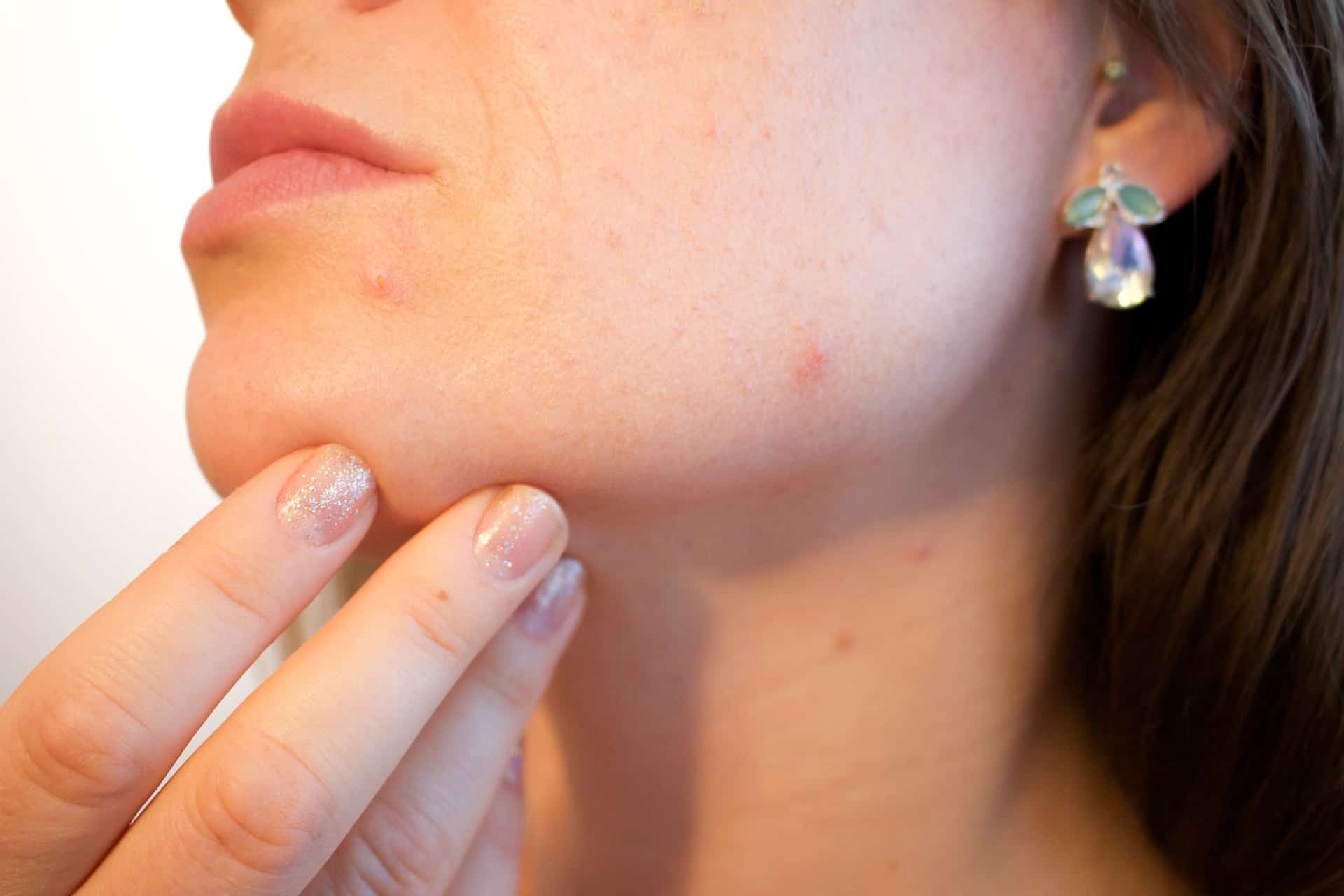
Acne & Your Diet
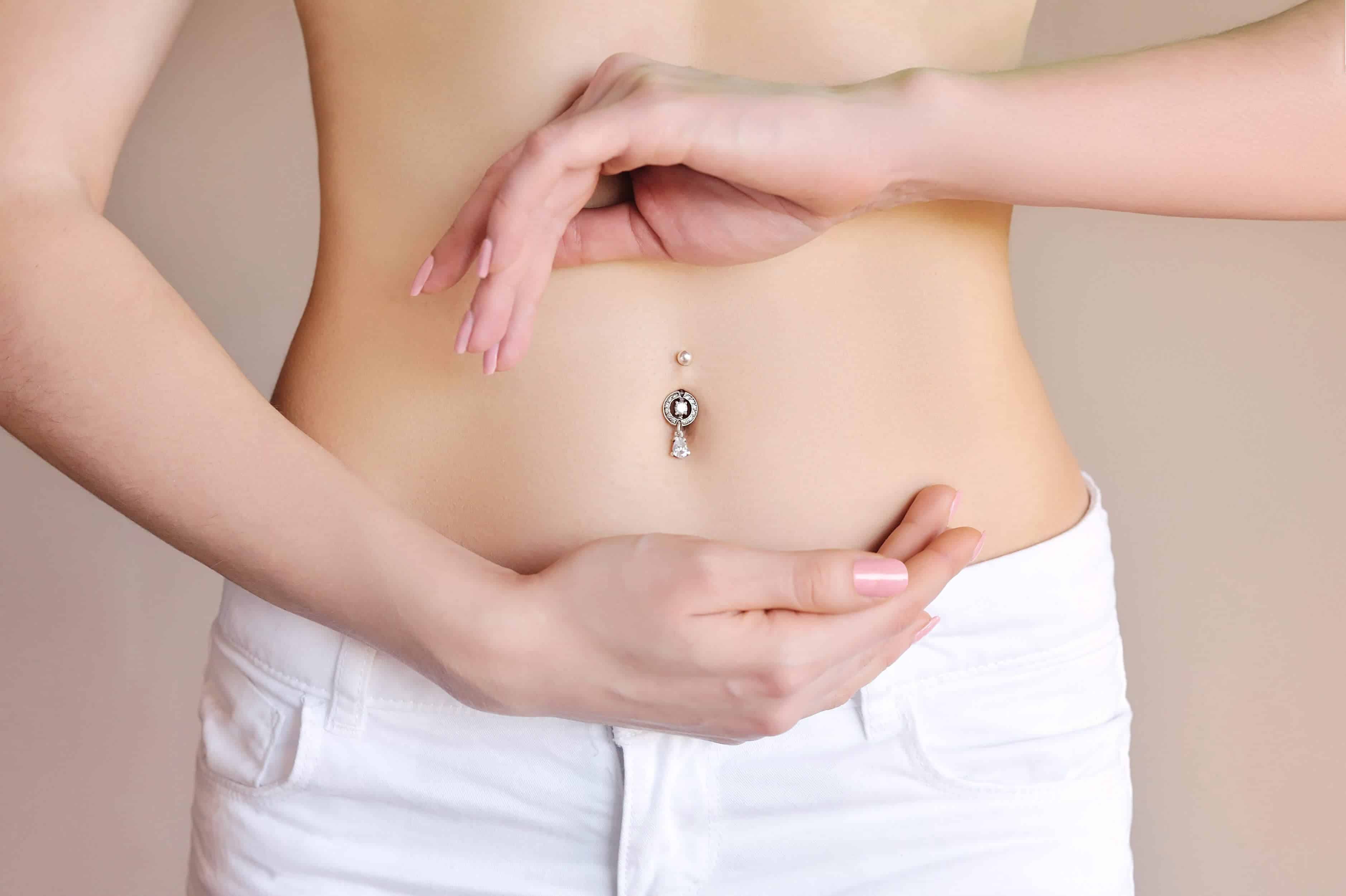
Studies have shown that there may be a link between diet and acne, but further research must be completed to determine the direct relationship. Currently, research is being done on how dairy, omega-3 fatty acids, chocolate and dietary glycemic index/glycemic load affects acne in adolescents and adults. The most research has been done on the relationship between a low glycemic load diet and acne vulgaris. A low glycemic load diet includes foods low in carbohydrates as carbs are quickly broken down into simple sugars that enter the bloodstream. The glycemic index (GI) ranks food depending on how they affect your blood sugar levels.
Research shows that a low-GI diet may lead to weight loss, reduced blood sugar and lower risks of heart disease and type 2 diabetes. Some studies have shown that low glycemic load diets, specifically those that replace high glycemic carbs with high fiber/protein foods, may improve acne vulgaris in adolescent and young adult males and potentially women. Other research has identified a link between gut microbiome and acne. Traditional Chinese medicine believes that everything in the body is connected and that your organs have a huge impact on the rest of your body.
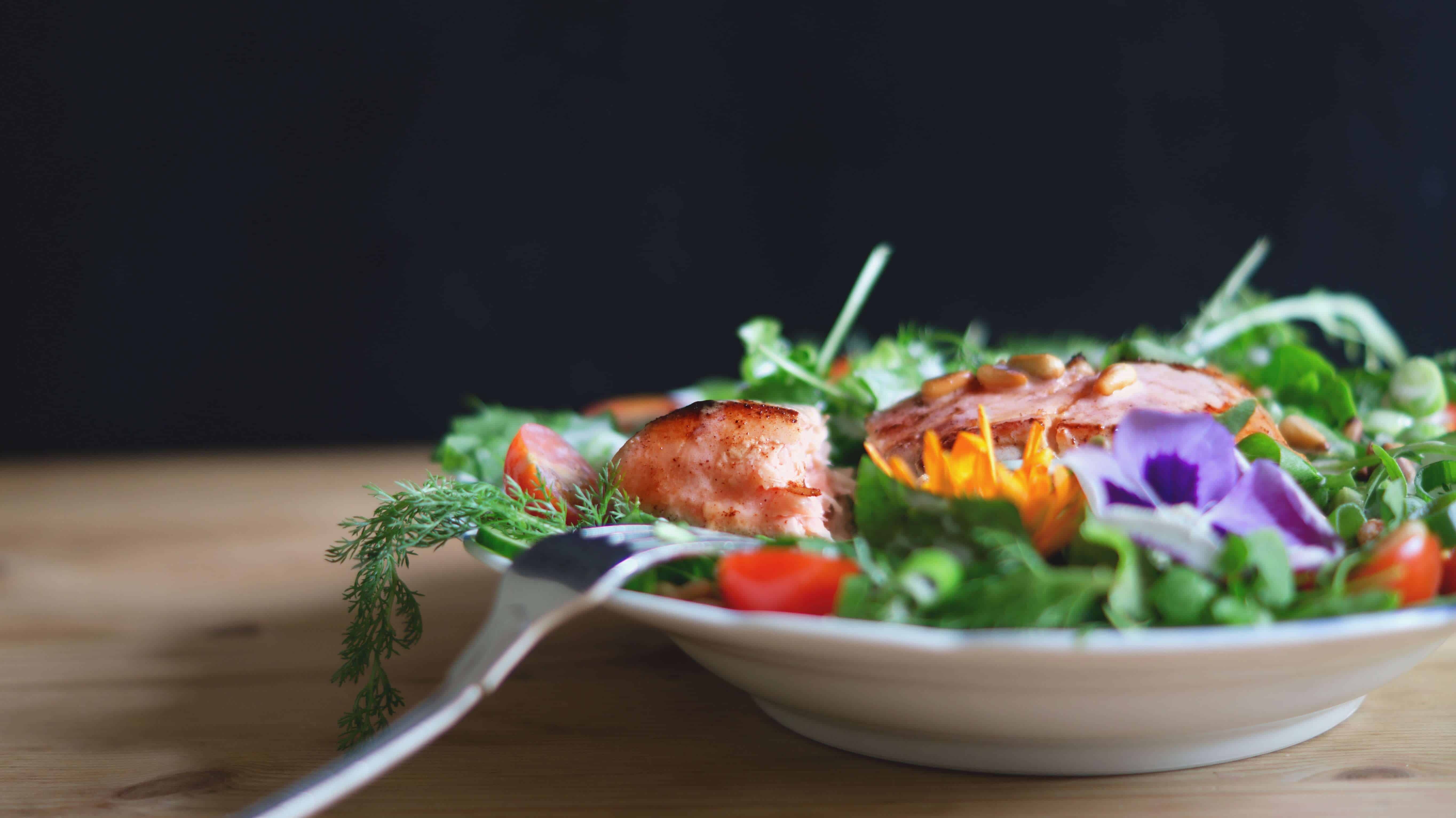
How Is Acne Treated?
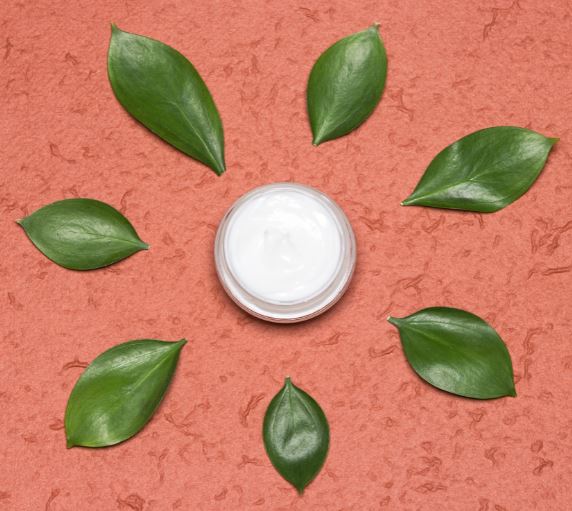
Acne Treatment includes nonprescription and prescription treatments. Washing your face gently with a cleanser twice daily can help to keep oil, bacteria and dead skin out of your pores, but don’t exfoliate too aggressively or you can cause damage to your skin’s surface. Natural skin care products are beneficial to acne prone skin as they contain effective, quality ingredients that are known to prevent acne. For example, honey may benefit acne because of its anti-inflammatory and antiseptic properties that help diminish bacteria and inflammation on the skin’s surface.
Nonprescription Acne Treatments
Benzoyl peroxide is a common nonprescription treatment that kills bacteria and must be used continuously for at least 4 weeks and stopping treatment will cause acne to return. Salicylic acid is another treatment you can get over the counter and corrects the abnormal shedding of cells, but when treatment is stopped, acne will return. Another treatment is topical retinol gels that increases cell turnover to unblock pores. This treatment is available in prescription strength or over the counter and takes 8-12 weeks before results are seen.
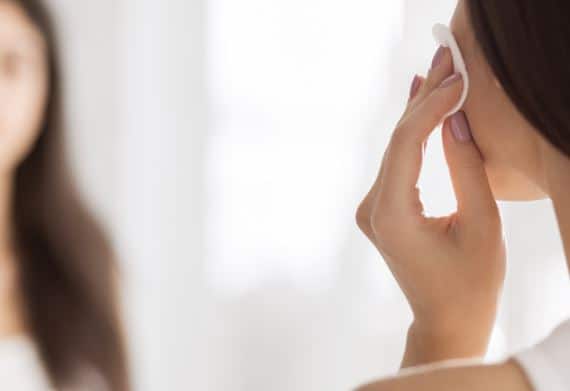
Prescription Acne Treatments

Topical and systemic antibiotics that circulate through the body are also used to treat acne. Systemic antibiotics cause lots of side effects, but treat more severe and various kinds of acne. Topical antibiotics may increase the risk of antibiotic resistance in skin bacteria and benzoyl peroxide is typically used with topicals to potentially reduce the chance of getting antibiotic resistance.
Cystic acne is often treated using the effective drug, isotretinoin which is commonly known under the brand name Accutane. This drug clears severe cases that won’t respond to other treatments, but it causes severe birth defects in pregnant women and must be used with a contraceptive. It also has many side effects including dry skin and lips, muscle and joint pain, headache, elevated triglyceride (cholesterol) levels and even hair loss. It has also been suggested that the drug is related to increased risks of depression, suicide, and inflammatory bowel disease. Oral contraceptives or birth control pills are also used to control hormone levels that influence acne and side effects include nausea, weight gain, spotting, breast tenderness, and blood clots.
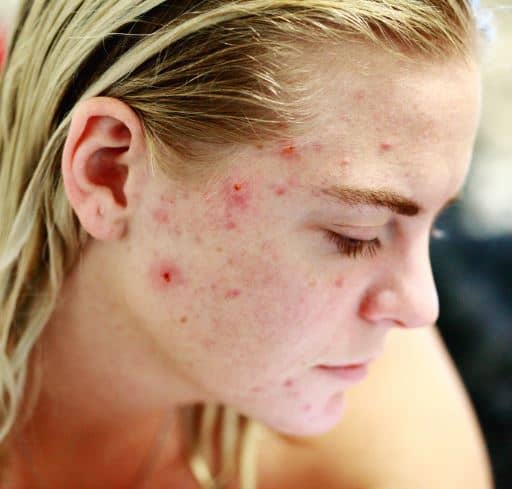
Acupuncture as an Acne Treatment
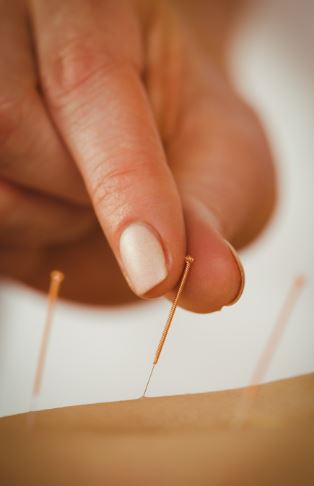
Acupuncture treatment for acne uses specific acupuncture points to regulate Qi (chi) in the body. Traditional Chinese medicine claims that acne is a result of three factors: Heat, Toxicity and Dampness. Heat in Chinese medicine is related to inflammation and a build up of this ‘Heat’ in the Lung and Stomach Meridians, floods towards the face and chest causing the inflammatory response and forming acne. Heat may be caused by a poor diet, stress, overwork, or a congenital condition. Heat expelled from the Tai Yang channel causes acne on the back. Things like spicy and greasy food can aggravate the Stomach Meridian and weakens it, creating Damp Heat in the Spleen Zang and Stomach Fu. Heat may also enter the bloodstream, causing Toxic Heat resulting in lesions.
Meridian channels like the Yangming meridian, which has more qi and blood than others, is treated using the large intestine point, Quchi (LI11). Many of the points and meridians treated for acne reduces Heat, Toxicity and Dampness in the large intestine, lungs and liver resulting in less inflammation and acne. Emotional health also influences acne as extreme emotions like depression and stress disrupt the bodies harmony and causes stagnant Qi which results in Heat and Dampness rising to the skin. An acupuncturist uses their knowledge and experience to determine how your body is responding to Heat, Dampness and Toxicity in order to treat acne from the inside out.
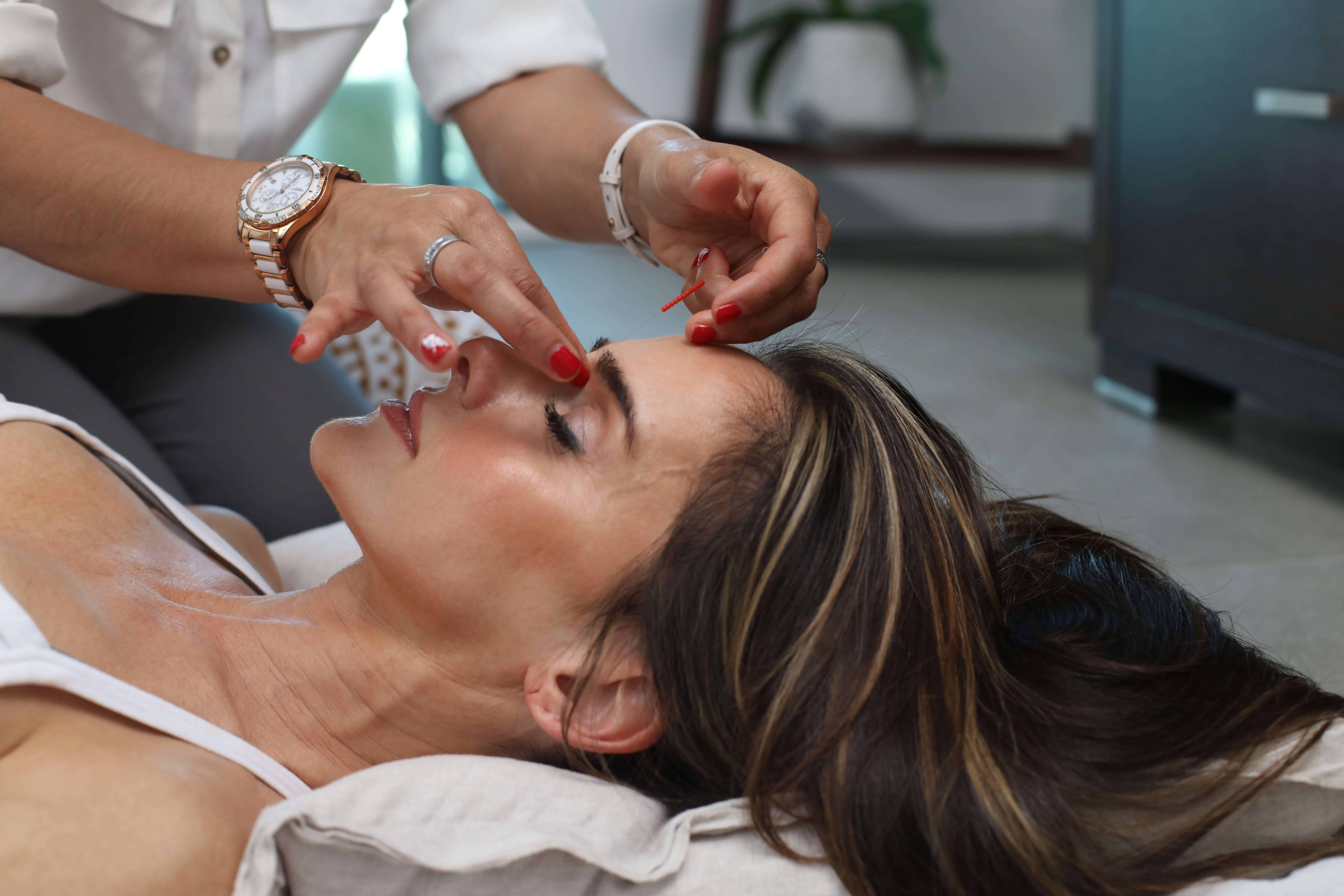
Cupping & Acne
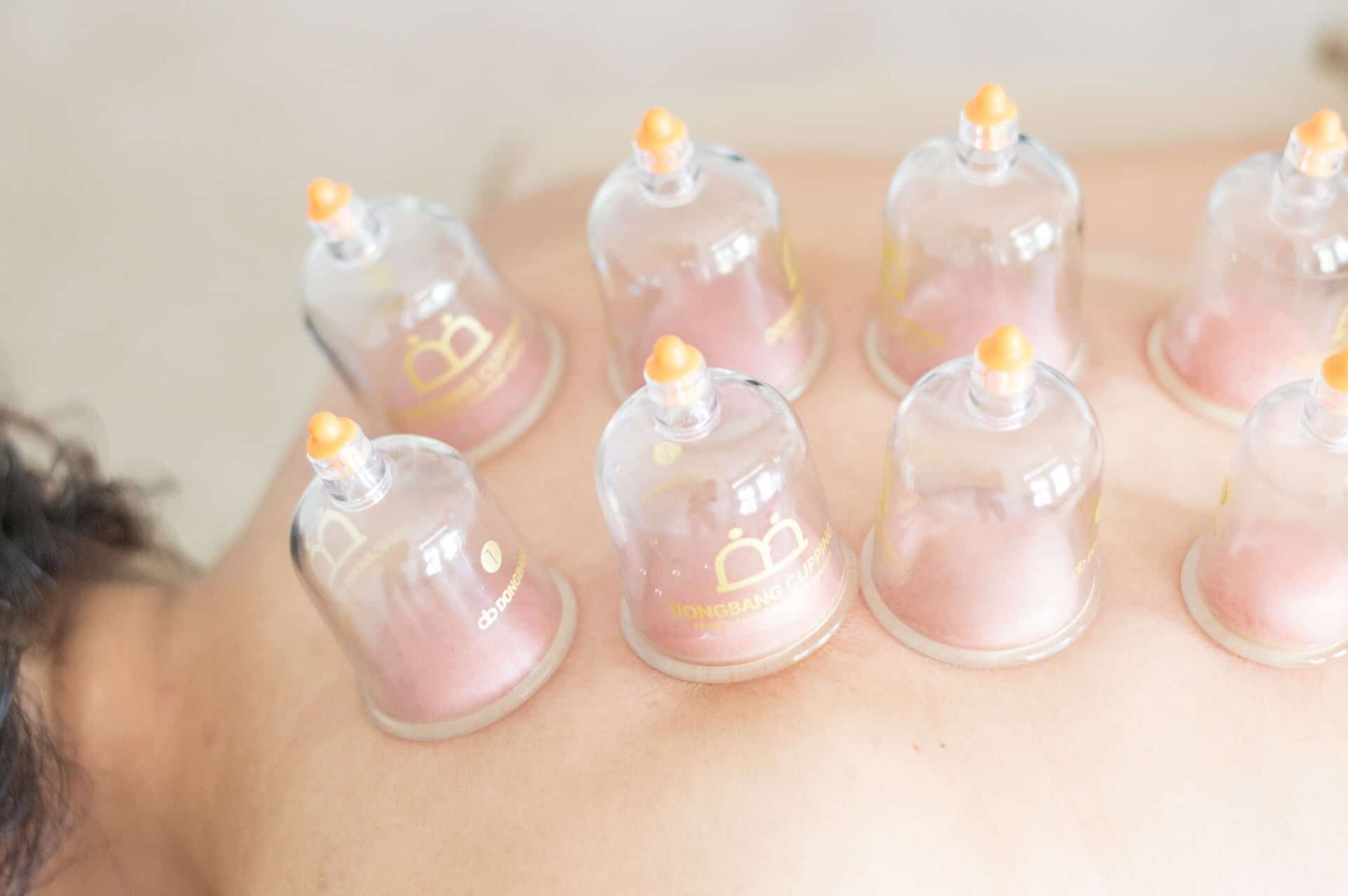
Cupping is an alternative medicinal treatment that is considered a type of deep-tissue massage for the face and body, in which cups are applied to the skin to create suction. There is wet cupping, used to treat infections, swollen areas and excessive heat in the body. Dry cupping is used to relax muscles and treat symptoms of cold and flu. Cupping helps to ease inflammation (Heat) and improve blood circulation. Cupping is used to treat breakouts by creating blood circulation caused by the warmth and dampness of the skins environment. Pricking the skin and using cupping to pull blood from the body helps reduce heat and improves blood circulation.
Research has shown that cupping is as effective or more effective then certain antibiotics. Cupping is especially effective for treating severe skin inflammation, cellulite, herpes infections and cystic acne. Celebrities like Katy Perry and Gwyneth Paltrow have been known to use cupping. Professional athletes use cupping to stay in top physical condition and releve injury. Olympic gold medalists Michael Phelps and Nathan Adrian use cupping as therapy since they are professional swimmers who rely on their bodies.
Why Choose Acupuncture to Treat Acne?
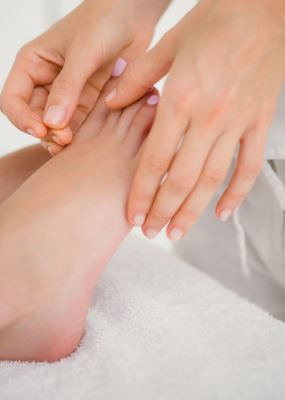
Research has identified acupuncture as a safe and effective treatment for acne that regulates the meridian systems. Acupuncture is also used to relieve stress, and anxiety, improve circulation, sleep and digestion, and decrease inflammation and pain, all of which may influence acne. Studies found acupuncture to have a 94.17% total treatment efficacy rate for acne patients, while conventional biomedicine, from the same study had an 82.5% total treatment effective rate.
Acupuncture regulates the hair follicle activity and results in less oil production and faster lesion recovery. Acupuncture helps to regulate hormones internally and soothe irritated gut lining which benefits skin. Externally, acupuncture relieves heat, reducing redness, drains dampness that causes cystic acne and nourishes yin, soothing dryness. Acupuncture is considered a good treatment for acne as it does not lead to drug resistance like biomedicine treatments. It also promotes the bodies natural healing of the skin and encourages bodily balance without consuming synthetic chemicals.
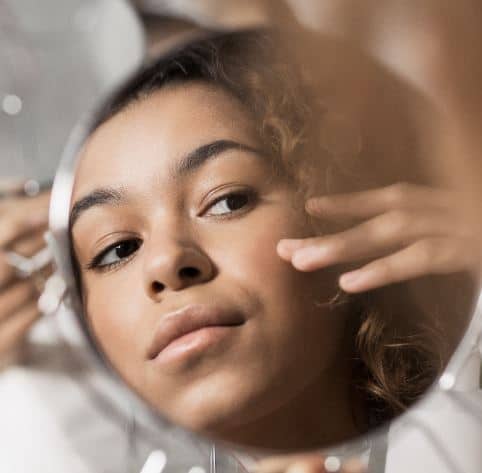
Why artkarma?
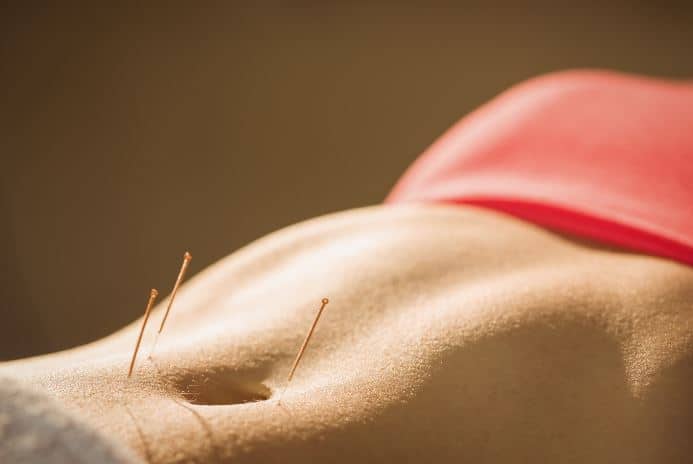
With many years of education and experience under my belt and an advanced knowledge of acupuncture, I am able to assess a patient’s entire body to determine imbalances that are specific to the individual. I have attended Shanghai University in China and the Candian College of Chinese medicine and Acupuncture. I have experience with the Japanese acupuncture approach, Kiiko Matsumoto, and I specialize in Cosmetic Acupuncture or Facial Rejuvenation acupuncture in Barrie. Cosmetic acupuncture is acupuncture used for aesthetic purposes such as, reducing fine lines and wrinkles, facial puffiness and hyperpigmentation while also helping to prevent acne.
Acne is a normal function of the body to help expel heat and toxins, but it can be painful, distressing, and affect your self esteem. Acupuncture is an effective acne treatment that encourages overall wellness and has very few side effects and safety concerns in comparison to traditional biomedicine. As a professional, registered acupuncturist specializing in cosmetic acupuncture, I have the ability to treat the root cause of your acne which will prevent acne from recurring. If you’re looking for an acupuncturist in Barrie, contact me today to make an appointment and start treating your acne in a safe and effective way.
